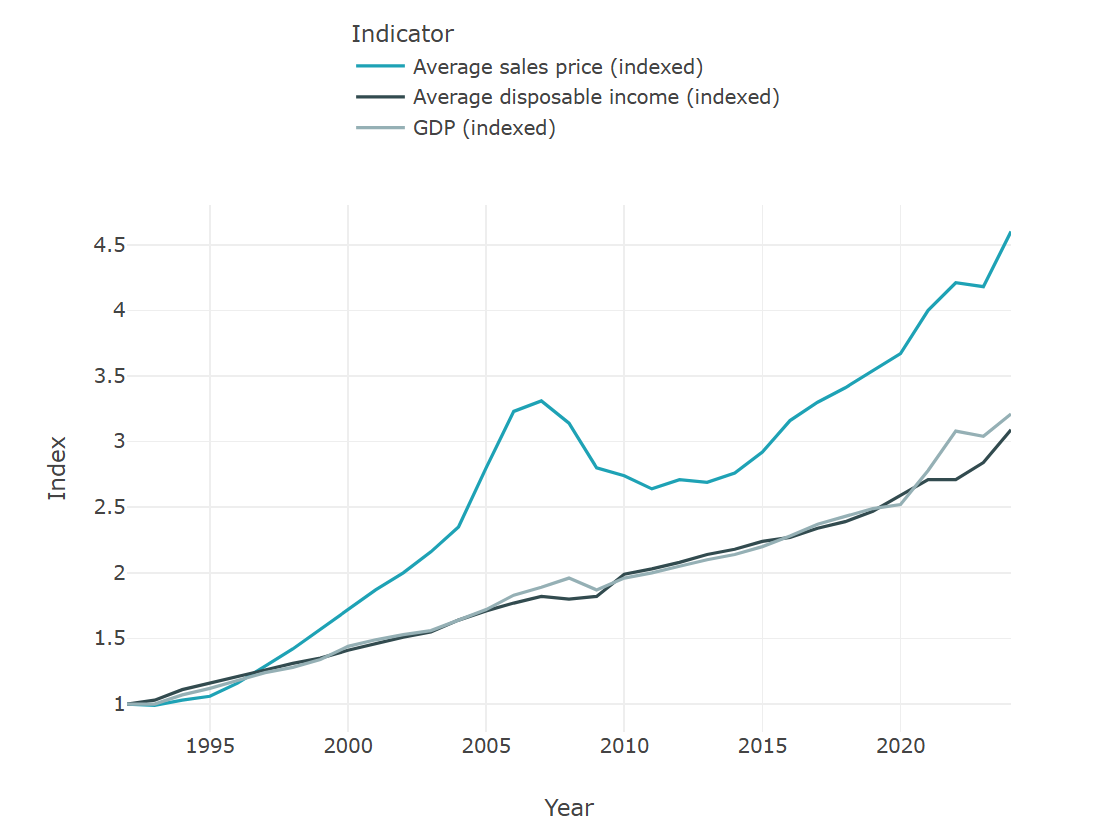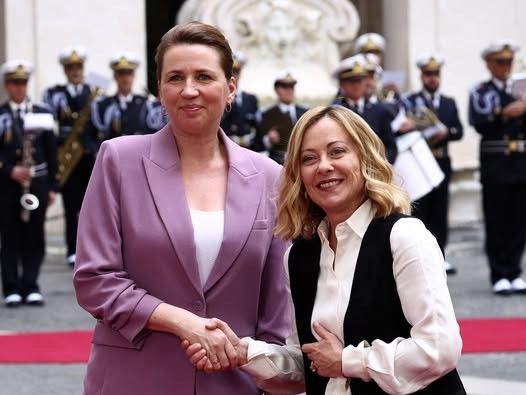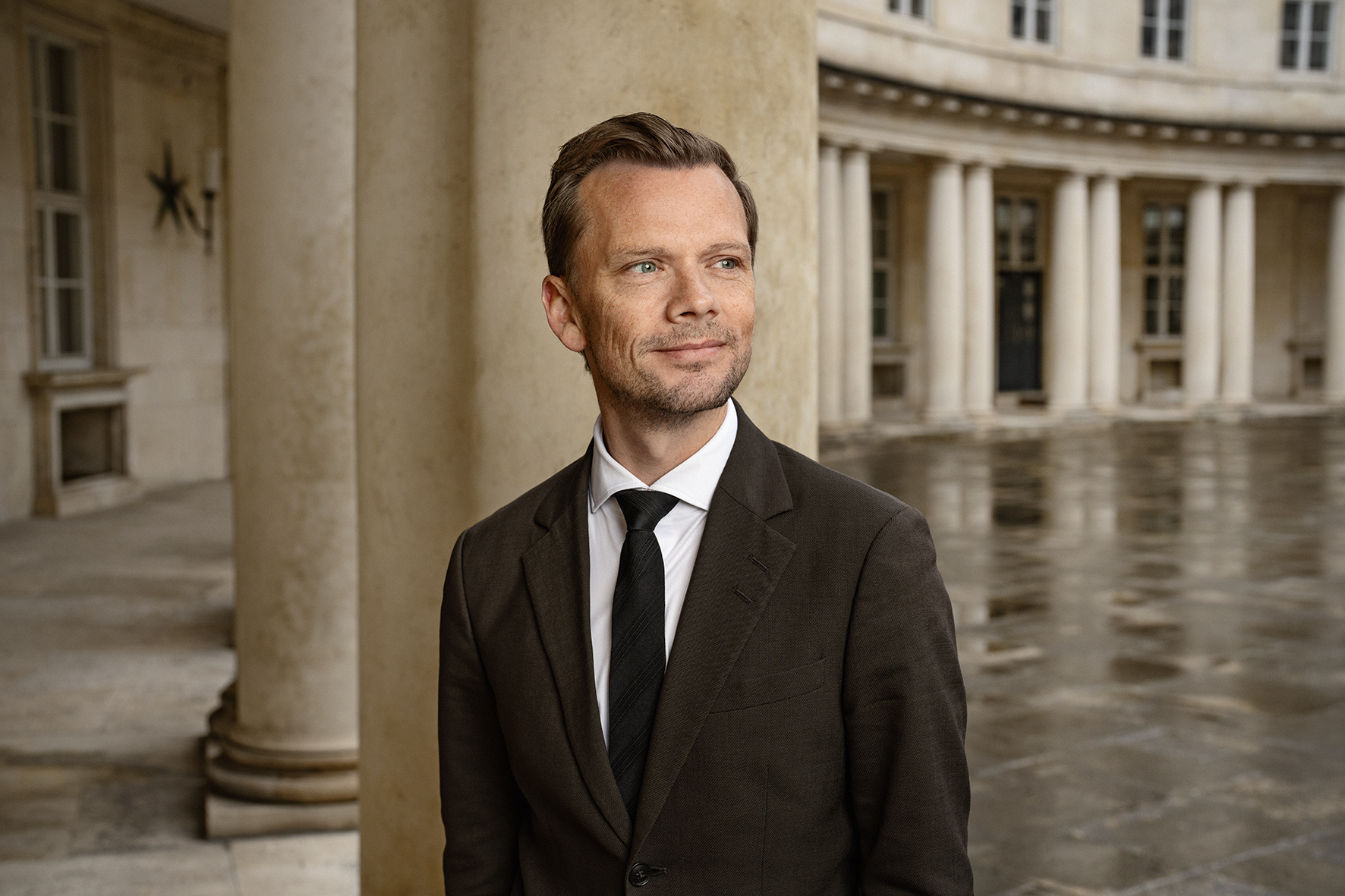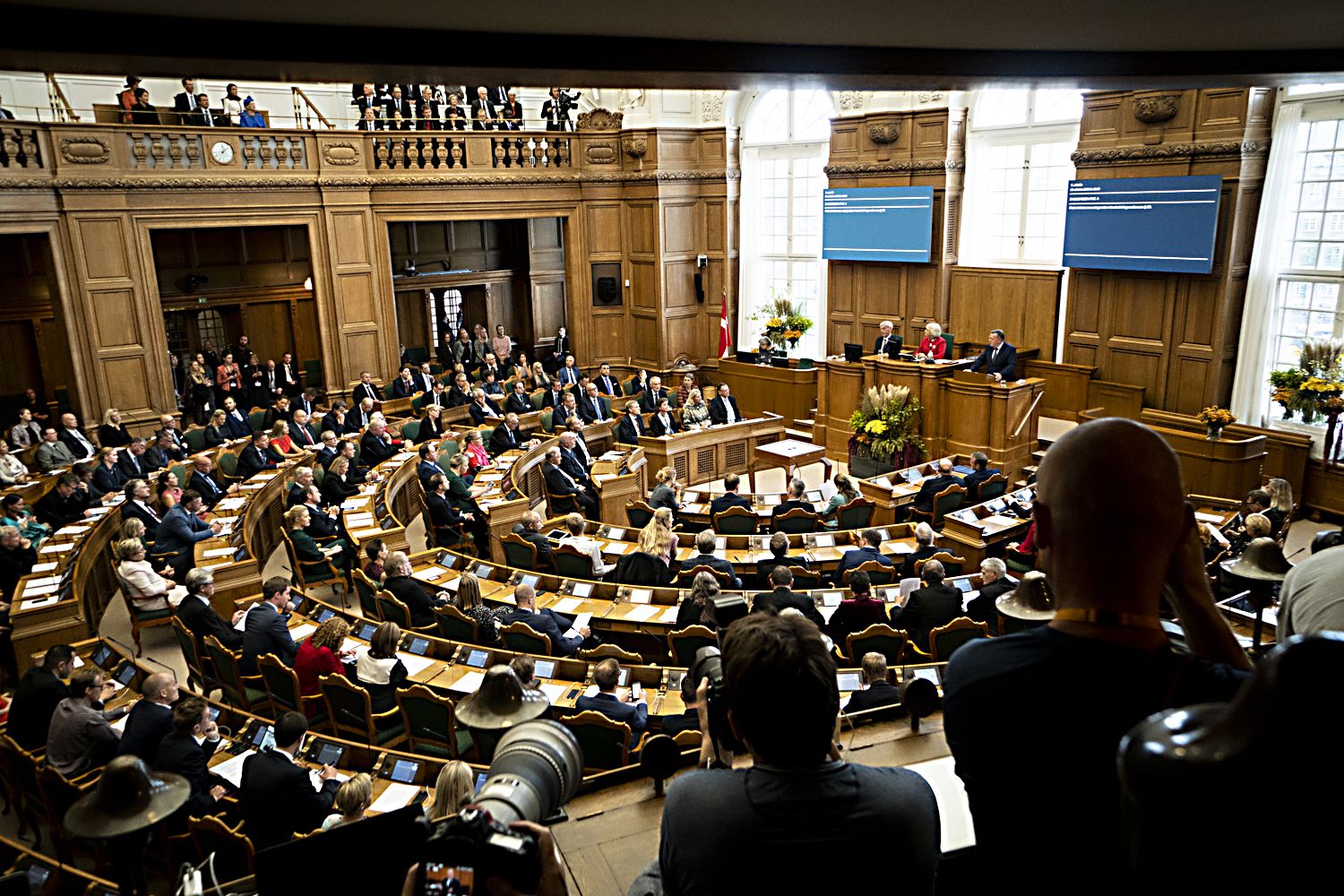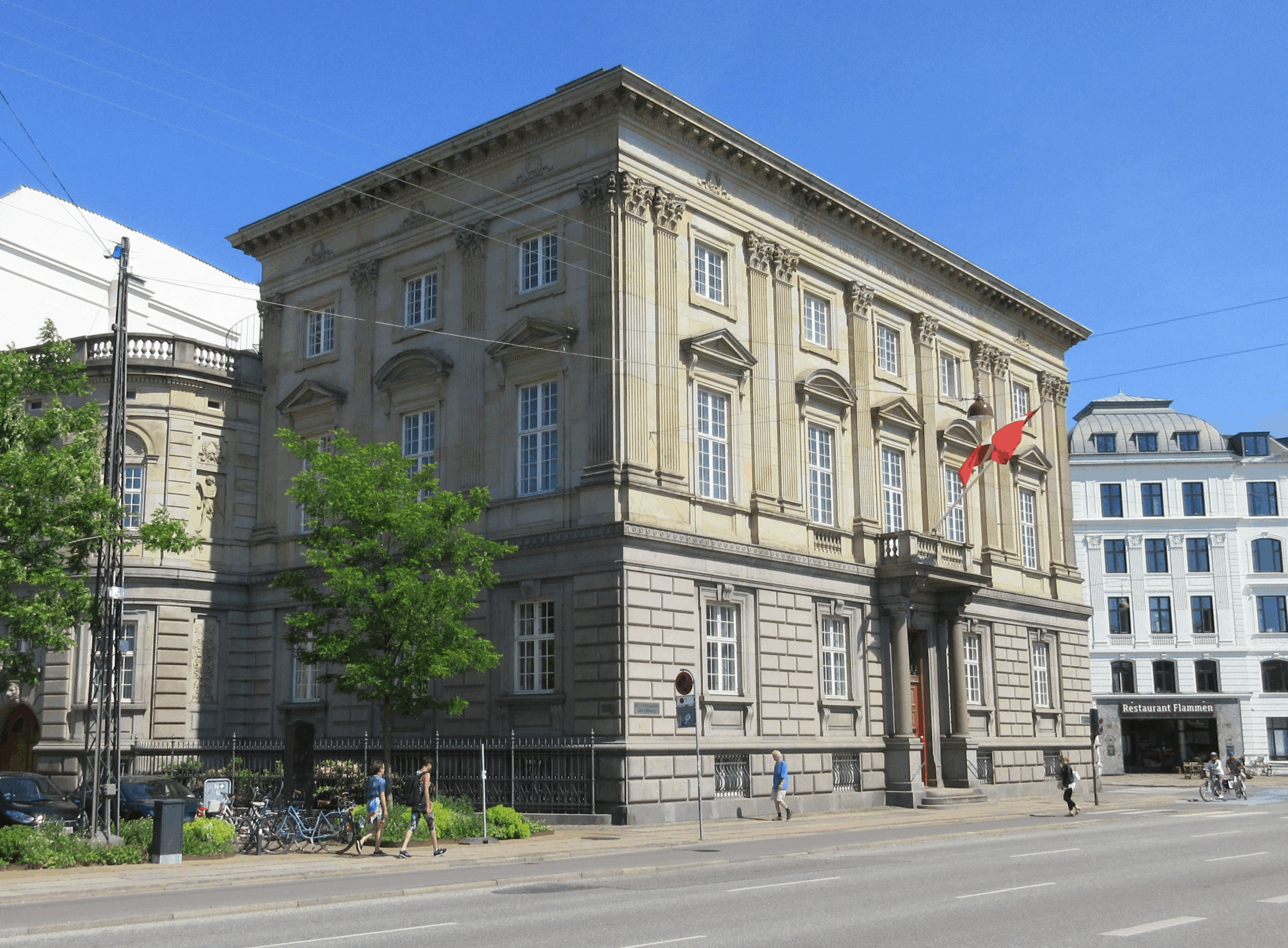The government has sold 21 percent of its stake in DONG Energy to Goldman Sachs and the pension firms ATP and PFA for eleven billion kroner, the company announced yesterday afternoon.
Goldman Sachs’ eight billion kroner investment will buy it a 19 percent share in the company, while ATP will own five percent for 2.2 billion kroner and PFA two percent for 0.8 billion kroner.
The Danish government will continue to own 60 percent of the company while the share controlled by minority shareholders will drop from around 19 to 14 percent.
Growth opportunities
The capital increase is part of DONG Energy's financial action plan announced in February, which included an injection of additional equity of at least 6-8 billion kroner.
“DONG Energy has an exciting and profitable growth potential,” Henrik Poulsen, the company’s CEO, wrote in a press release. “With the injection of new equity, we have almost fully delivered on our financial action plan and have thus secured the necessary platform for pursuing our ambitions for the coming years.”
READ MORE: Goldman Sachs eyeing Dong investment
Goldman Sachs regional director Andrew Wolff praised Poulsen for setting ambitious goals for the company.
“We believe in this vision and are excited to work with the company and the Danish state to help grow the business and provide environmentally-friendly energy and infrastructure for European markets,” Wolff said in the press release.
Float on the stock exchange
A central element of the deal is an agreement to float DONG on the stock market when the conditions are right.
But if the floatation has not been completed following the release of the financial statements for the 2017 financial year, the new investors will have the option of selling their shares back to the government under
pre-agreed terms.
The final agreement is expected before the end of 2013 following approval from the state and competition authorities.


